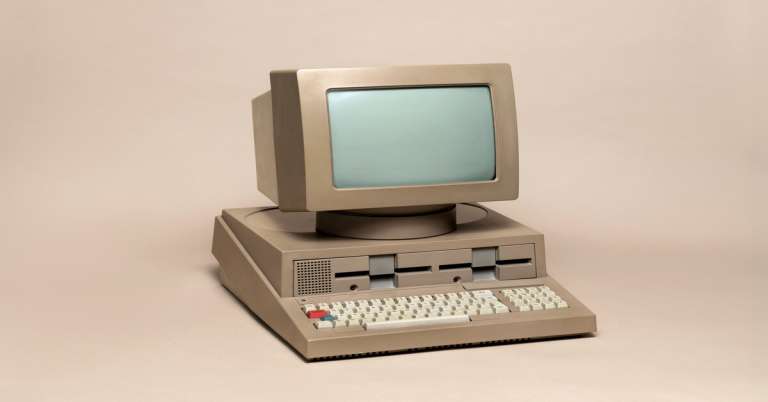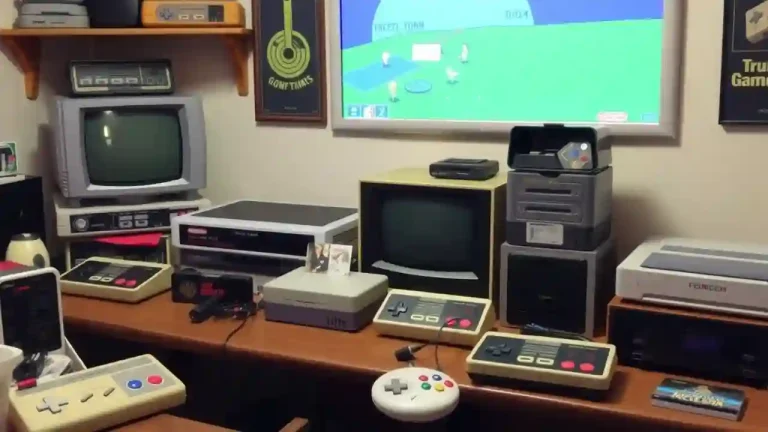Classic gaming consoles have set the stage of gaming development immensely, as they have been critical to the current state of the sector. Not only these iconic systems left their generations with memorable gaming moments, but also formed the roots of advanced technology and vast gaming worlds which we are used to today. This paper is a revisit of the history of the traditional gaming consoles and how they shaped the gaming culture, technology, and gaming industry in the future.
The Dawn of Gaming Consoles
The Magnavox Odyssey (1972)
Classic gaming consoles started their journey with the Magnavox Odyssey which was the first video game console of its kind and was launched in 1972. The Odyssey made use of bare bones graphics and physical layers to produce a bare bones gaming experience. Although it did not feature the advanced technology that the subsequent systems featured, it played a major role in making the idea of home gaming popular, essentially paving the way to the future of the gaming industry.
The Atari 2600 (1977)
Atari 2600 was released in 1977 and it became a turning point in the history of gaming. This was a console of a new era, it introduced home gaming in full color with its changeable game cartridges. Players were introduced to different genres and game play styles with the Atari 2600 and the gaming audience was greatly increased and Atari established itself as one of the leaders in the industry. Its impact is still experienced to date, because it established the precedent of subsequent home consoles and experiences of gaming.
The Rise of Iconic Consoles
Nintendo Entertainment System (NES) (1985)
Nintendo Entertainment System (NES) was also released in 1985 as a second lifeline to the gaming industry following the crash in 1983. The NES was able to revive gaming with its catchy titles such as the Super Mario Bros. and the legend of Zelda that made Nintendo a force in the market. The NES brought new gameplay elements and iconic characters that influenced various developers and shaped the future of platform gaming. For modern access to these classics, explore a retro game emulation guide to relive the NES era digitally.
The Sega Genesis (1988)
This was followed by Sega Genesis in 1988 that introduced the 16-bit generation of games. The Genesis had more advanced processing power and a license to popular franchises such as “Sonic the Hedgehog” or “Street Fighter II,” and was therefore targeted at a more adult demographic and made Sega a formidable rival to Nintendo. Other new technologies such as the blast processing which improved the speed and performance of the game are some of the firsts that made a great impact on the gaming technology that have been adopted and will always be remembered in the Genesis.
The Sony PlayStation (1994)
The introduction of Sony PlayStation in 1994 has changed the face of the gaming industry. The PlayStation provided developers with more storage space by concentrating on the CD-ROM technology which allowed more complex games with rich graphics that featured detailed stories. Such names as Final Fantasy VII and Metal Gear Solid have become a cultural phenomenon, demonstrating the possibilities of the storytelling in the video games and making Sony one of the main actors in the game industry.
The Long-lasting Effect of Old School Consoles
The epoch of classical gaming consoles is not limited to their technological success, but they have significantly predetermined the gaming culture and community. Early consoles have created a local playing style where people are able to gather friends and families in living rooms throughout the world. This community is still perpetuated in the present day gaming, with online multiplayer features and social features that bind players all over the world.
Cultural Influence
Traditional gaming consoles have made a permanent mark in popular culture, which has been the subject of films, television series, and products. Mario, Sonic and Link have become iconic figures and the hallmark of innovation and creativity by their respective consoles. The nostalgia about these traditional systems has caused the retromania in retro gaming, and the new generations have found the beauty of old games.
Conclusion
The history of the classic gaming consoles is an attestation of their revolutionizing nature in the gaming industry. Since the humble origins of the Magnavox Odyssey to the experience that the PlayStation aims to revolutionize, these systems have had an impact on gaming technology and culture alike. In retrospect, the impact of these legendary consoles will be felt to this day as we recall the happiness and innovation that the video games bring into our lives. The gaming road is not ending yet and the legacy that all these original systems have created will serve as an inspiration to gamers and game developers alike in the coming generations.







Leave a Comment